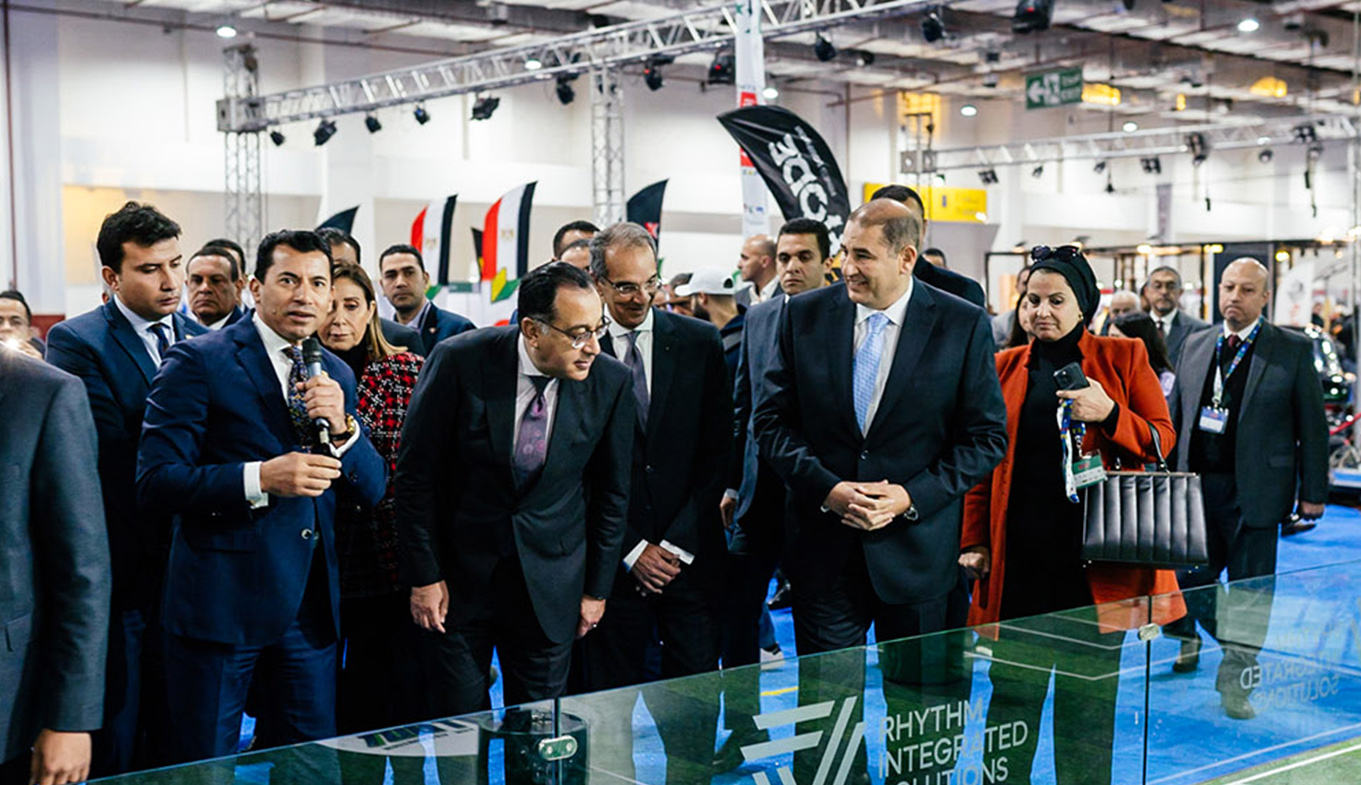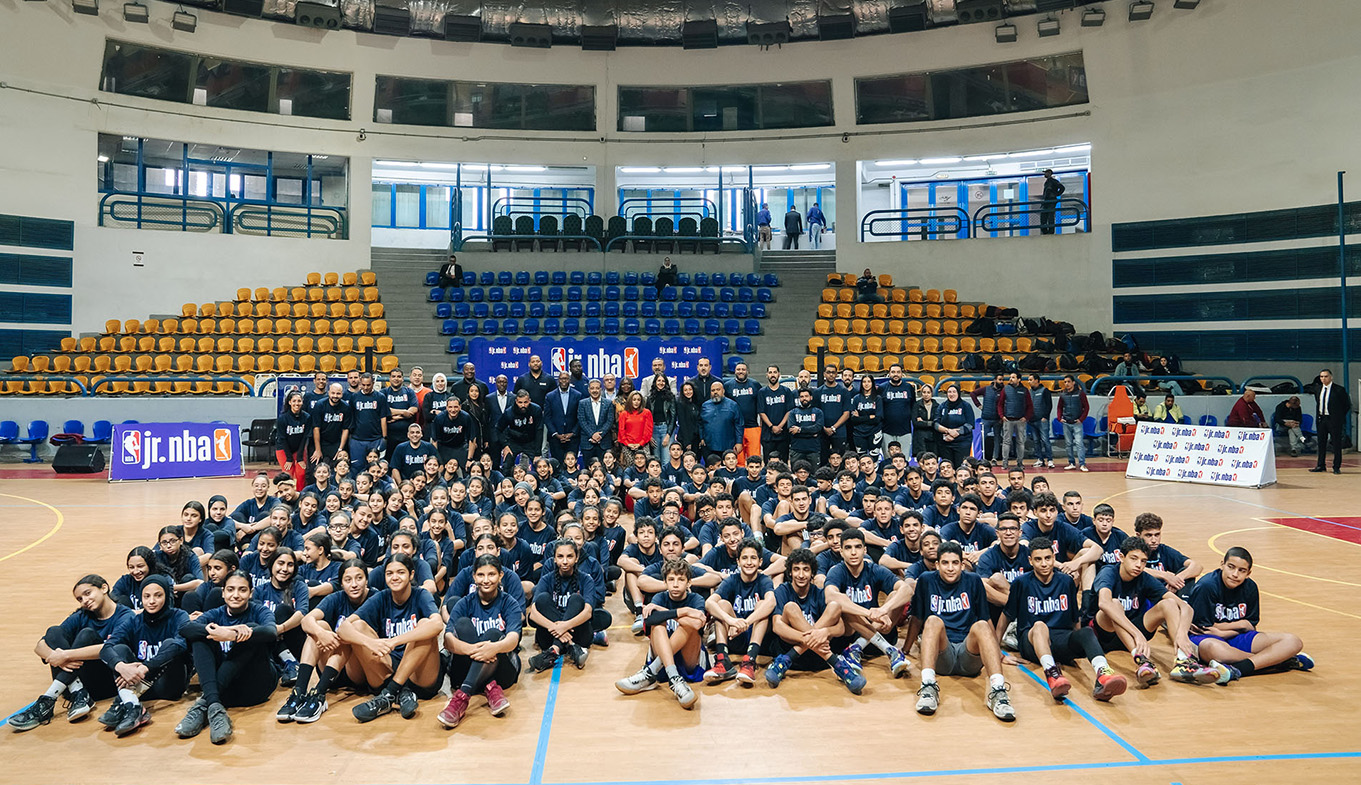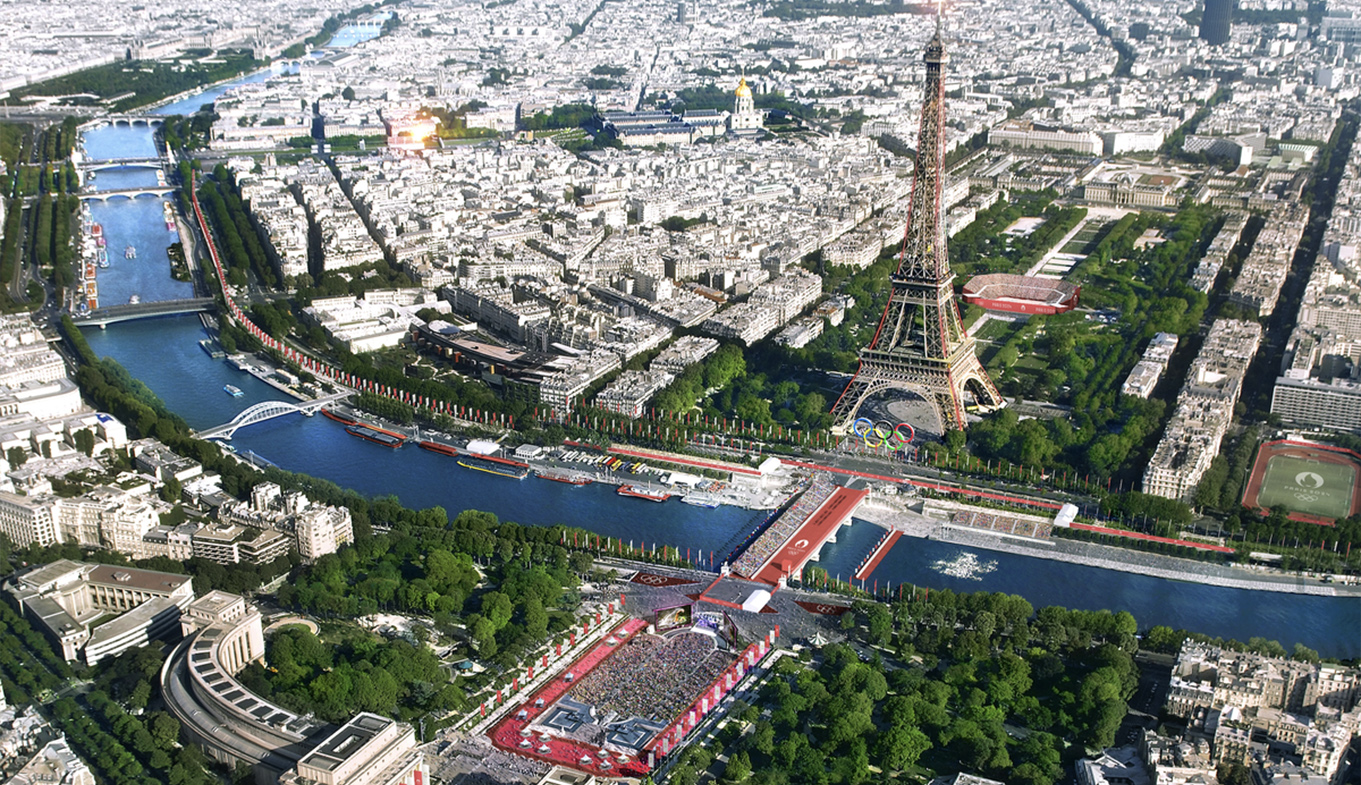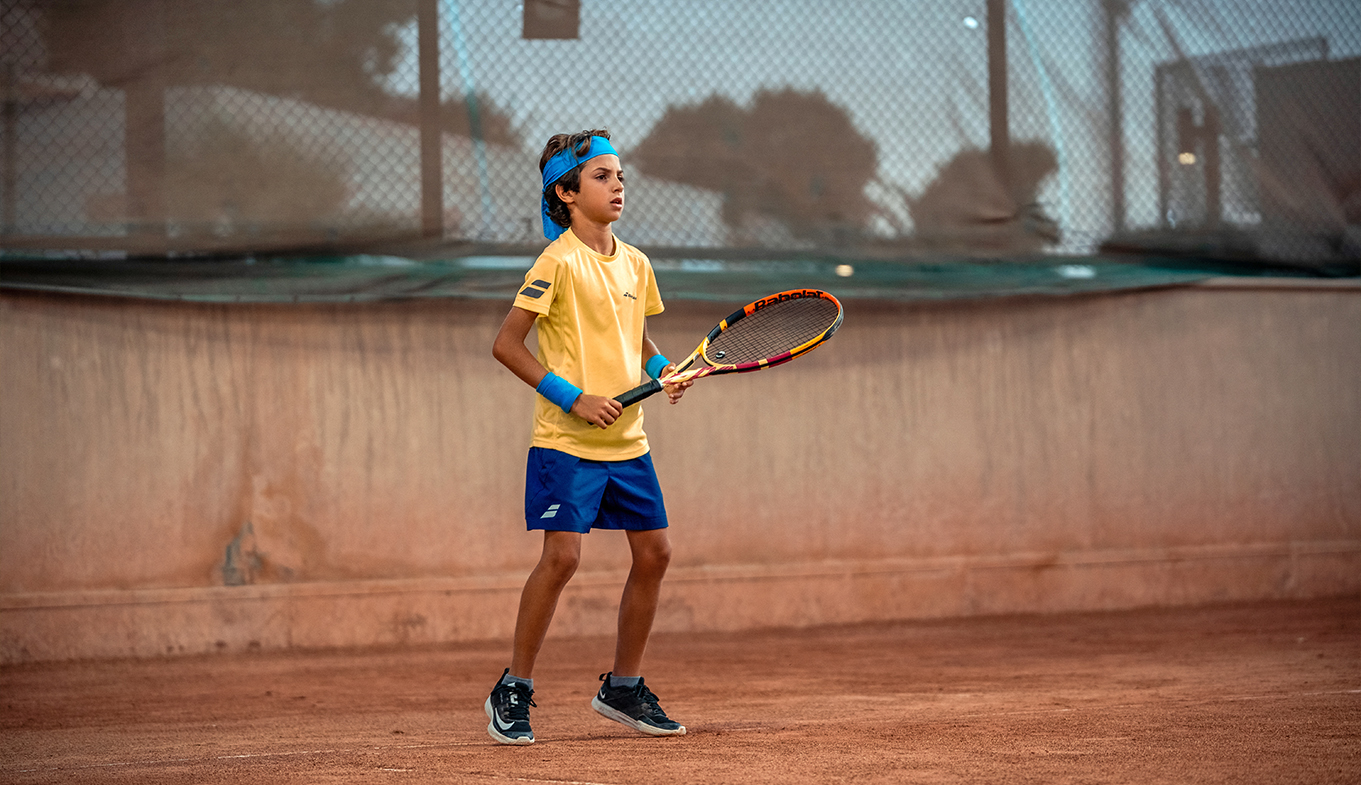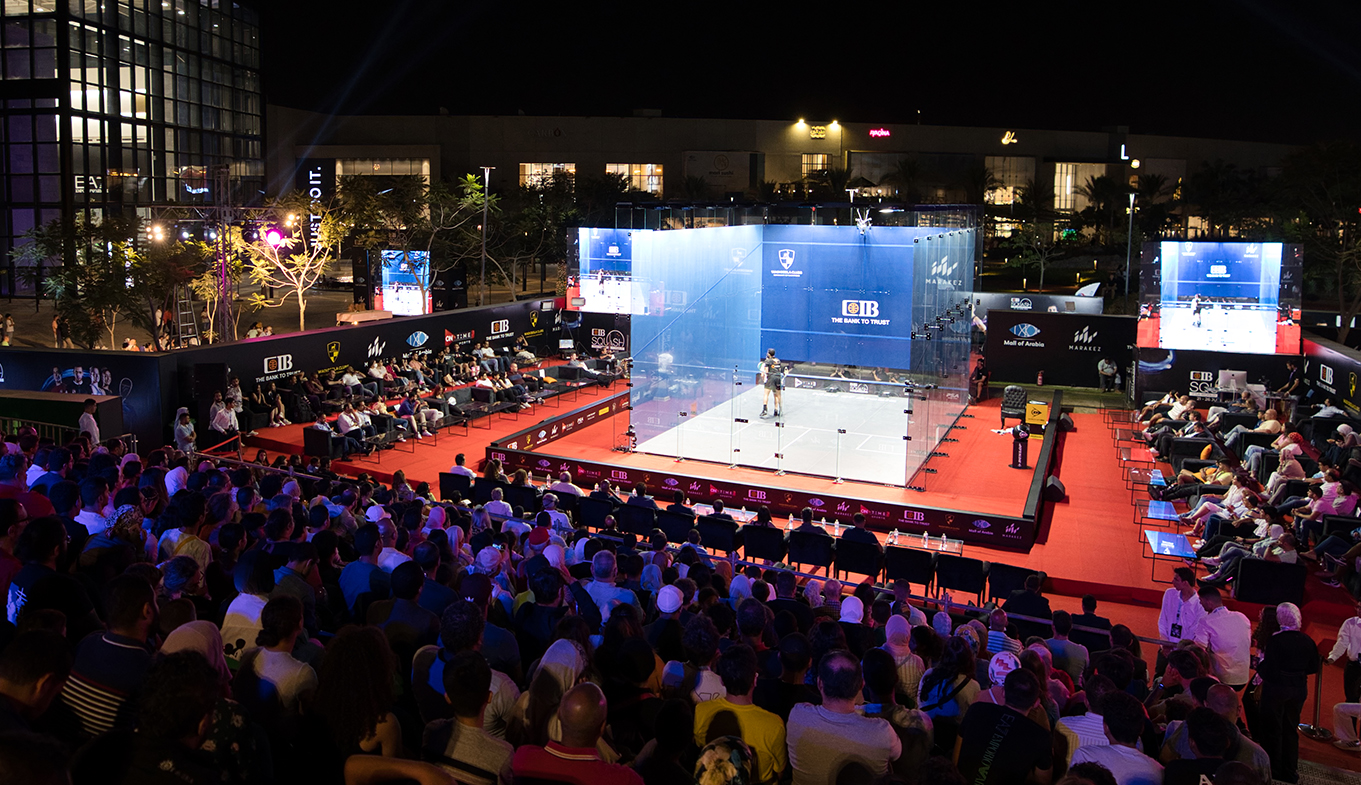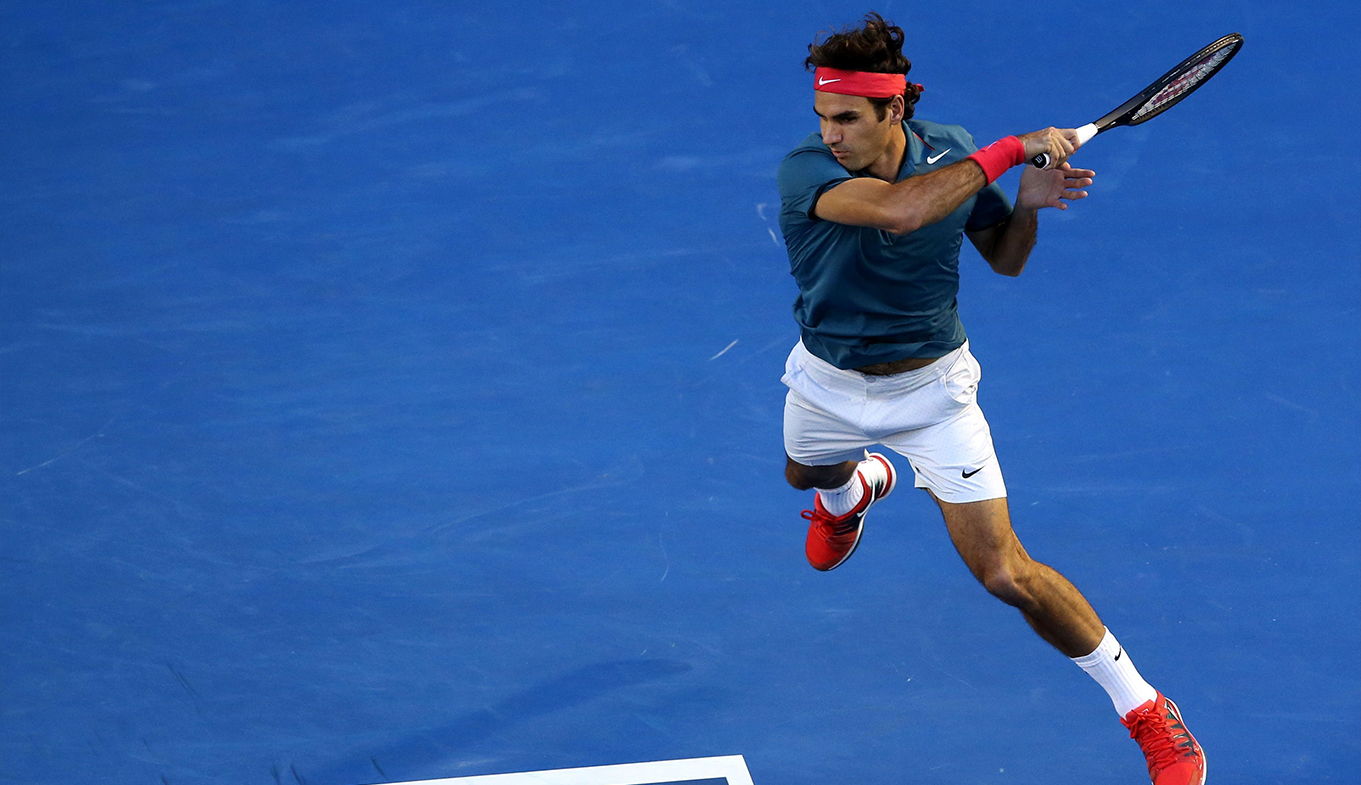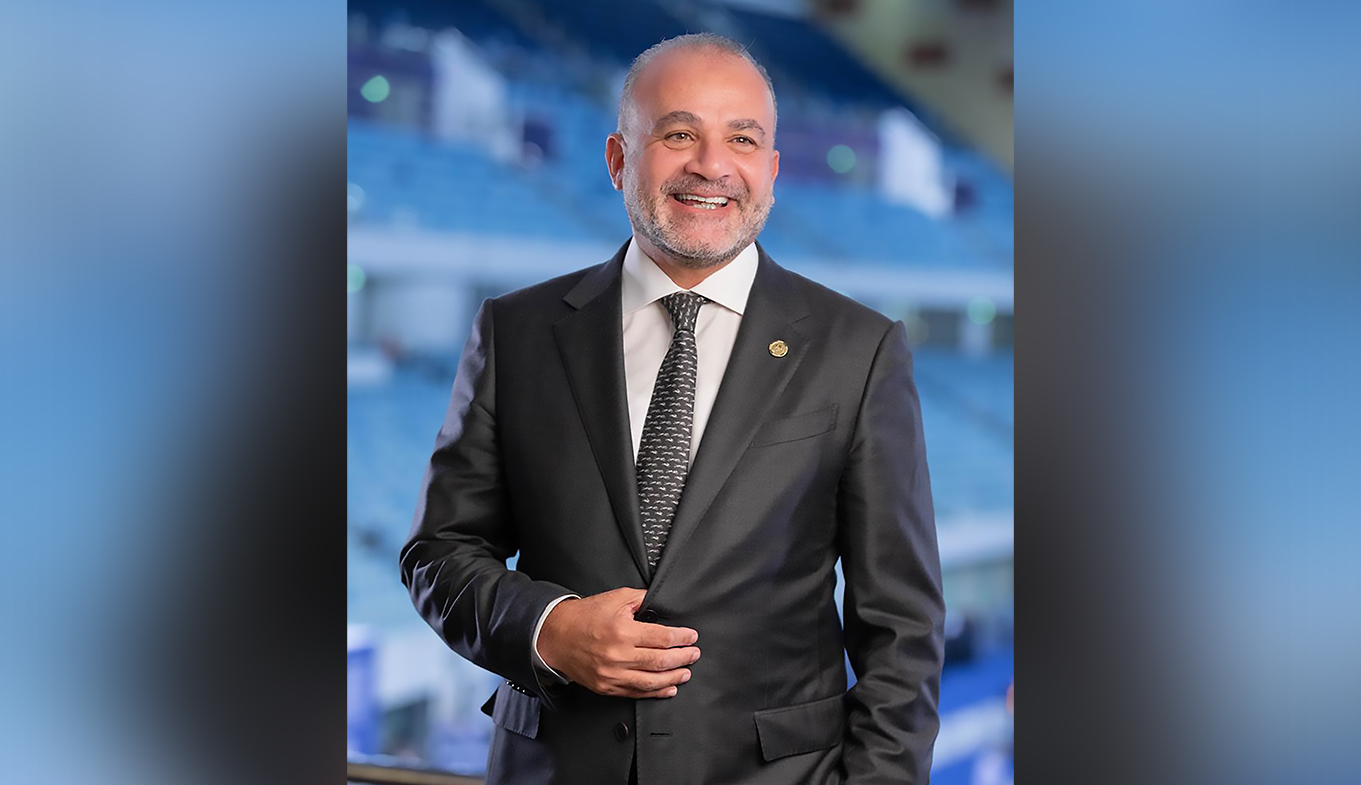Egypt’s Abdelmoneim El-Husseiny Becomes First Non-European to Lead International Fencing Federation
Abdelmoneim El-Husseiny has been elected interim president of the International Fencing Federation—the first non-European to head the sport.
Abdelmoneim El-Husseiny was officially named interim president of the International Fencing Federation (FIE) during an Executive Committee meeting held in Switzerland on 30 April, following the resignation of Emmanuel Katsiadakis of Greece. Katsiadakis had been serving as acting president since December, stepping in after the suspension of long-time FIE president, Russian Alisher Usmanov, due to international sanctions linked to the war in Ukraine.
El-Husseiny, 58, is a former president of the Egyptian Fencing Federation and the current vice president of the FIE. His nomination, proposed by a fellow committee member, was overwhelmingly approved, receiving 19 out of 20 votes.
El-Husseiny’s elevation to this prestigious role is a testament to his longstanding contributions to the sport, both regionally and globally. Under his leadership, Egyptian fencing witnessed a transformative rise, culminating in an Olympic bronze medal at the Paris 2024 Games and a steady stream of podium finishes at World Championships across youth, junior, and senior categories.
Re-elected in November last year as vice president of the FIE for a second consecutive term, El-Husseiny was also inducted into the FIE Hall of Fame for life, in recognition of his exceptional service to international fencing—an honour bestowed upon only one candidate globally each year.
His ascension to the helm of the FIE is not only a personal triumph but also a significant milestone for Egyptian sports administration, underscoring Egypt’s growing influence on the international sporting stage.
El-Husseiny acknowledged the potential challenges of being the first non-European to head the FIE but expressed confidence in the unity and professionalism of the Executive Committee. He emphasised a vision rooted in integrity, development, and global solidarity.
“Since the FIE Executive Committee works collaboratively,” El-Husseiny said, “future decisions will continue to be shaped by majority consensus.”
He outlined a long-term strategy focused on empowering the various commissions within the FIE, each tasked with expanding and promoting fencing within their respective domains. “The strategy rests on three pillars: improving the sport's overall development—especially officiating—expanding its reach beyond Europe into continents like Africa, Asia, and North and South America, and enhancing the sport's visibility and appeal.”
El-Husseiny highlighted the disparity in global representation within the FIE. While European countries are fully engaged, Africa is represented by only 31 of its 53 nations, and Asia and Pan-America show similar gaps. “I aim to close these gaps by increasing the number of participating countries and offering targeted financial and technical support.” A recent decision to redistribute FIE competitions—ensuring that each continent hosts up to 25 per cent of events—is expected to play a significant role in the sport's global growth.
While affirming his impartiality as president, El-Husseiny acknowledged that Egypt indirectly benefits from his role, citing increased international interest and the possibility of hosting future FIE congresses.
During his two terms as president of the Egyptian Fencing Federation from 2017 to 2024, El-Husseiny implemented a strategic long-term development plan. Prioritising grassroots development, the federation focused on nurturing young talent, which quickly yielded results at junior world championships. Egypt's progress culminated in a senior World Championship medal in 2023 by Ziad El-Sissy and a bronze in Paris 2024 by Mohamed El-Sayed. With these achievements, El-Husseiny chose not to seek re-election, confident in Egypt's continued ascent as a global fencing powerhouse.
About the Egyptian Fencing Federation
The Egyptian Fencing Federation, founded in 1928, has long been the guiding force behind the growth and governance of fencing in Egypt. Since its inception, the Federation has actively worked to promote the sport across clubs, schools, and universities, in coordination with the Ministry of Education.
The Egyptian Olympic Committee considers the nation to have first competed in the Summer Olympic Games at the 1912 Summer Olympics in Stockholm, Sweden. Egypt sent one fencer, Ahmed Hassanein, who competed in the individual foil and épée events.
In a groundbreaking moment for gender equality in sports, 1930 saw Egyptian women take up fencing for the first time, led by the pioneering Amina al-Saeed—the first Egyptian woman known to have practised the sport.
However, one of the Federation’s most promising chapters ended in tragedy. In August 1958, following rigorous preparation, Egypt’s national fencing team departed Cairo en route to Philadelphia, USA, to compete in the World Fencing Championship. They flew via London on a Hodges Root aircraft. Tragically, shortly after take-off from London, the plane exploded over the Atlantic Ocean, claiming the lives of Egypt’s finest fencing athletes.
The nation mourned the loss of these heroes:
- Martyr Othman Abdel Hafeez
- Martyr Ahmed Ismail Sabry
- Martyr Hassan Rashad
- Martyr Mustafa Zayan
- Martyr Fathi Al-Ashqar
- Martyr Lieutenant Abdel Moneim El-Husseiny (uncle of FIE interim President and Egypt’s former Federation President, Abdel Moneim Elhamy El-Husseiny)
- Martyr Dr Muhammad Ali Riad
They were accompanied by their Hungarian coach, Andrei Tele. Their memory remains a source of pride and inspiration, honoured with reverence and national gratitude.
The loss of this golden generation spurred a national movement to rebuild fencing in Egypt with greater resolve. Efforts were made to integrate fencing into physical education programmes across universities and governorates, while sports institutions like the Armed Forces, Police Union, and schools were encouraged to nurture new talent.
This revival bore fruit when, in 1988, Abdel Moneim Elhamy El-Husseiny entered the international fencing rankings. By 1990, three Egyptians were appointed to committees within the International Fencing Federation:
• Engineer Sameh Abdel Rahman (Equipment Committee)
• Mr Atef Ismail (Celebrations Committee)
• Counsellor Mustafa Sahim (Legislation Committee)
Today, the Egyptian Fencing Federation stands as a symbol of perseverance and national pride. From historic achievements to heartbreaking loss, it has shaped a legacy that continues to inspire generations of athletes, driven by a passion for the sport and a determination to honour those who came before them.
About FIE
The International Fencing Federation (FIE) is recognised by the International Olympic Committee (IOC) as the world governing body of fencing. We are proud to be an Olympic sport since 1896 and to have 156 affiliated member federations around the world. In 2013, the FIE celebrated its 100th anniversary. The FIE establishes the rules by which international competitions must be organised and oversees their implementation.
The FIE structure is composed of an Executive Committee, Confederations and National Federations, Commissions, and Councils.
